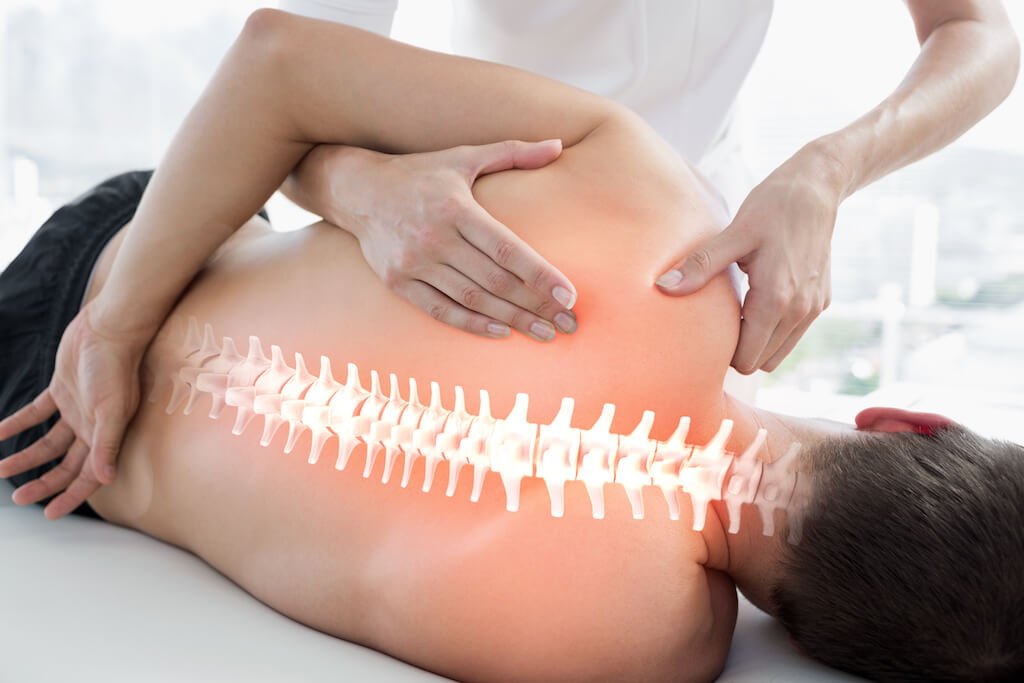Nurturing Post-Viral Resilience through Osteopathic Therapy
Understanding Post-Viral Recovery
The journey to recovery following a viral infection can be complex and challenging for many individuals. As healthcare practitioners continue to develop their understanding of post-viral conditions, osteopathic therapy has emerged as a valuable approach to supporting patients through their recovery journey. For those seeking support, a specialised long covid clinic London can provide targeted therapeutic interventions tailored to individual needs.
The Role of Osteopathic Treatment in Recovery
Recent clinical studies on osteopathic approaches to post-viral recovery have demonstrated promising results in addressing persistent symptoms. Osteopathic practitioners employ a holistic approach, considering how viral infections can impact various bodily systems and working to restore optimal function through gentle manipulation and targeted exercises.
Key Benefits of Osteopathic Care
Osteopathic treatment offers several advantages for individuals recovering from viral infections:
- Enhanced lymphatic drainage and immune system support
- Improved respiratory function and breathing mechanics
- Reduced muscular tension and joint stiffness
- Better sleep quality and stress management
- Increased energy levels and reduced fatigue
See also: The Basics Of Bankroll Management For Online Slots
Therapeutic Approaches and Techniques
When visiting a specialised osteopathic clinic for post-viral treatment, patients can expect a comprehensive assessment followed by personalised treatment plans. These typically incorporate various therapeutic techniques aimed at supporting the body’s natural healing processes.
Personalised Treatment Strategies
Each patient’s recovery journey is unique, and treatment approaches are tailored accordingly. Practitioners at a covid clinic London will typically develop individualised care plans that may include:
- Gentle soft tissue manipulation
- Cranial osteopathic techniques
- Breathing exercise programmes
- Postural education and support
- Lifestyle and activity management advice
The effectiveness of these treatments is carefully monitored and adjusted as needed, ensuring optimal support throughout the recovery process.
The Science Behind Recovery
Research has shown that osteopathic interventions can significantly impact post-viral recovery by addressing both physical and physiological aspects of healing. Studies focusing on osteopathic approaches to post-viral conditions have demonstrated improvements in patient outcomes across multiple symptoms, including fatigue, breathlessness, and musculoskeletal pain.
Supporting Long-Term Wellness
Beyond addressing immediate symptoms, osteopathic therapy plays a crucial role in supporting long-term wellness. Practitioners work to identify and address underlying factors that may impact recovery, such as:
- Previous injuries or conditions that affect recovery
- Occupational factors and daily activities
- Stress levels and emotional well-being
- Sleep patterns and quality
Integrating Osteopathy into Recovery Plans
The integration of osteopathic care into post-viral recovery programmes requires careful consideration and planning. Practitioners work closely with patients to establish realistic goals and expectations, adjusting treatment approaches as recovery progresses. This collaborative approach ensures that therapy remains aligned with each individual’s needs and circumstances.
Monitoring Progress and Adaptation
Regular assessment of progress allows practitioners to adapt and refine treatment strategies. This might include:
- Tracking symptom improvements
- Assessing functional capabilities
- Evaluating energy levels and recovery patterns
- Adjusting treatment intensity and frequency
Moving Forward with Confidence
As understanding of post-viral conditions continues to evolve, osteopathic therapy remains a valuable tool in supporting recovery. Through careful assessment, personalised treatment approaches, and ongoing monitoring, practitioners help patients navigate their recovery journey effectively. The combination of hands-on treatment and educational support enables individuals to build resilience and regain confidence in their daily activities. Success in post-viral recovery often requires patience, persistence, and professional support. With the right guidance and treatment approach, individuals can work towards restored health and improved quality of life. The growing evidence base supporting osteopathic interventions in post-viral recovery continues to reinforce its role as a valuable therapeutic option for those seeking support in their healing journey.

